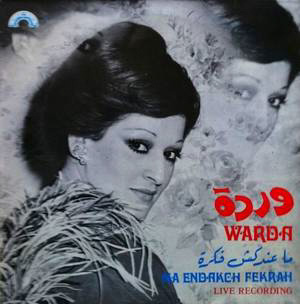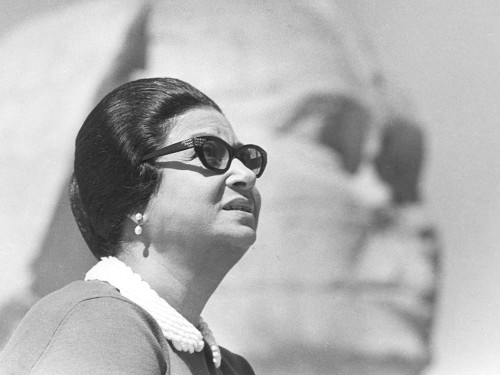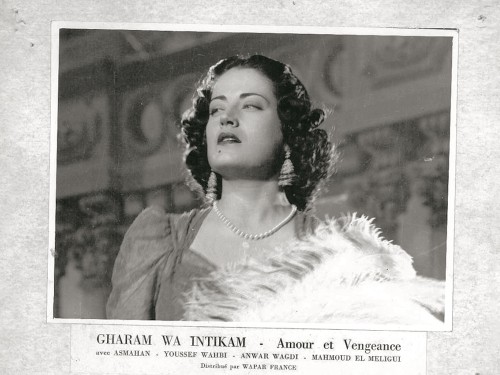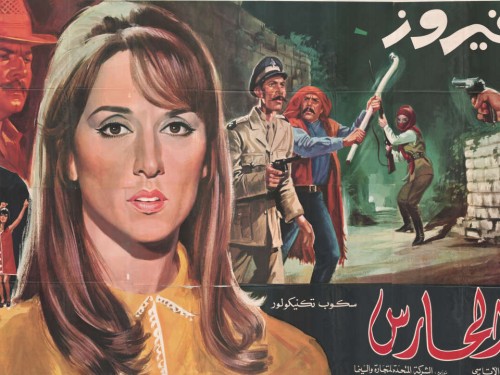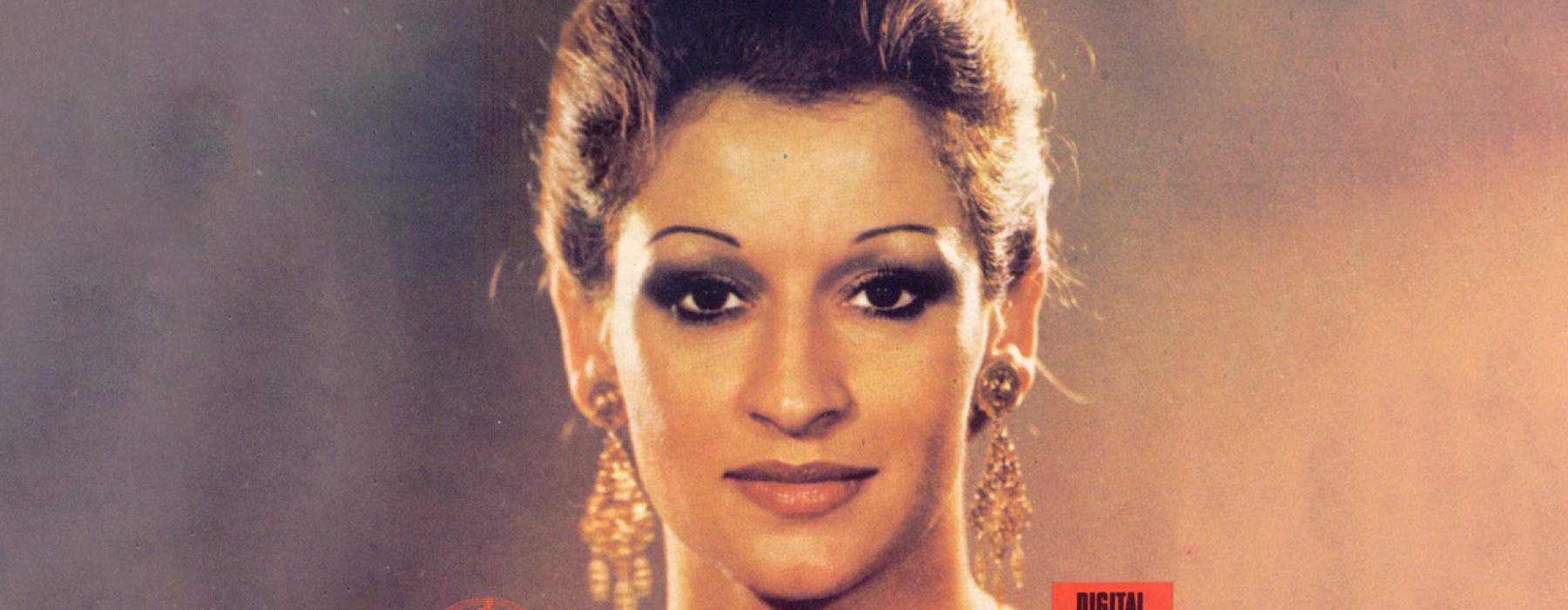
Warda Ftouki acquired fame as Warda Al-Jazairia (‘the Algerian rose’). She was born to a Lebanese mother and Algerian father. She started her career as a nine-year-old in her father’s cabaret in Paris, the TAM TAM (derived from the initials of Tunisia, Algeria, and Morocco.) Her songs reflected her involvement with the Algerian struggle for independence from France. After her father was accused of concealing weapons for the Front de Libération National Algérien (FLN), she was forced in 1956 to live in exile with her family.
